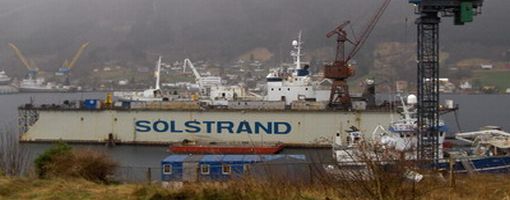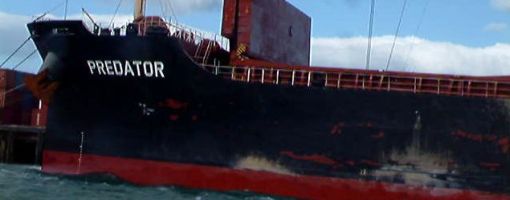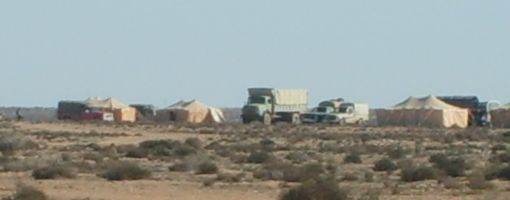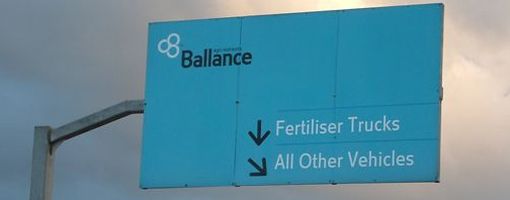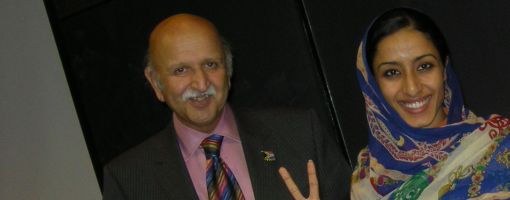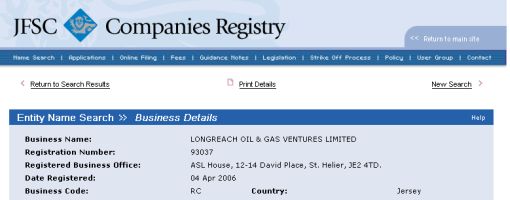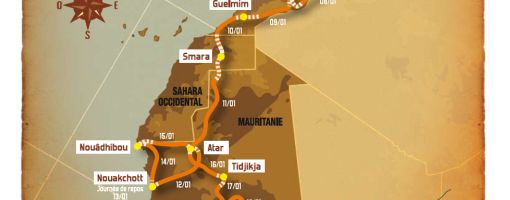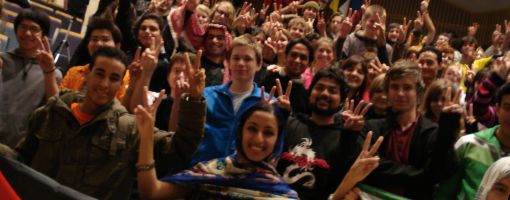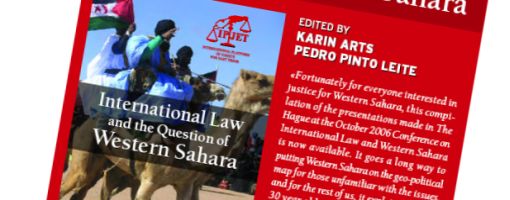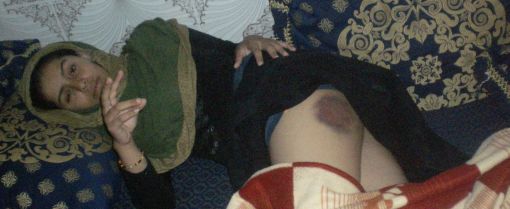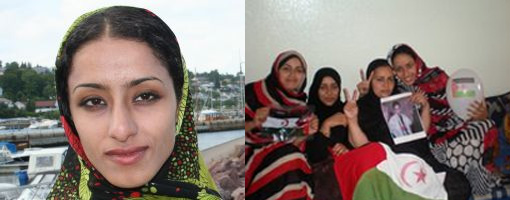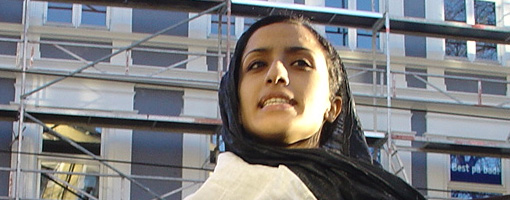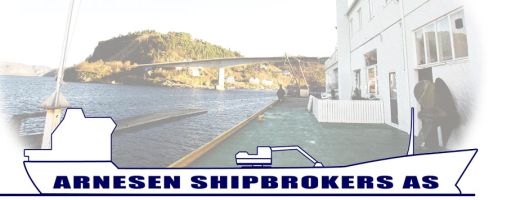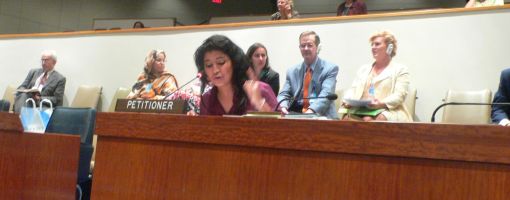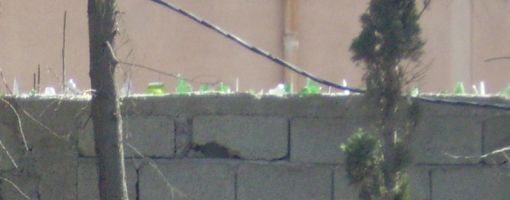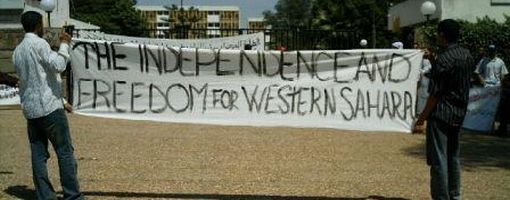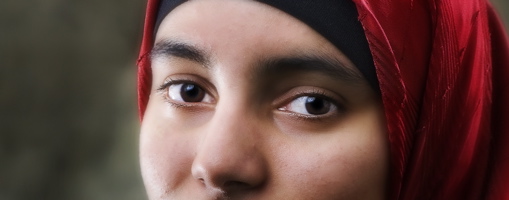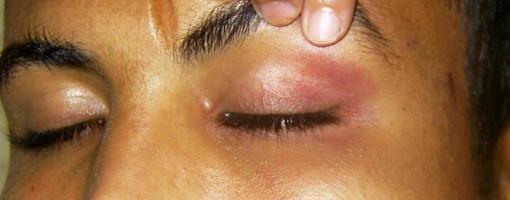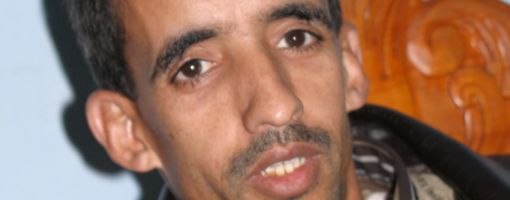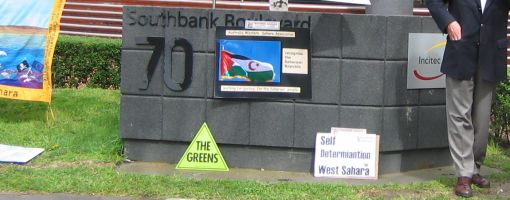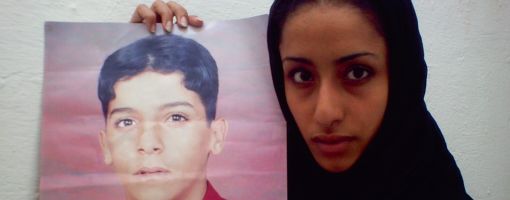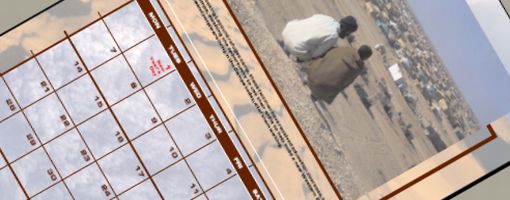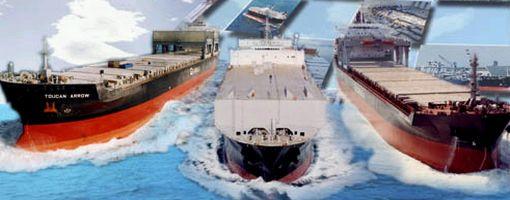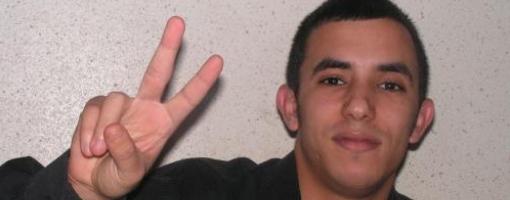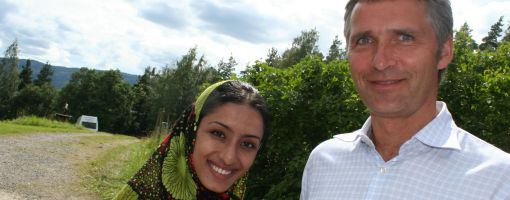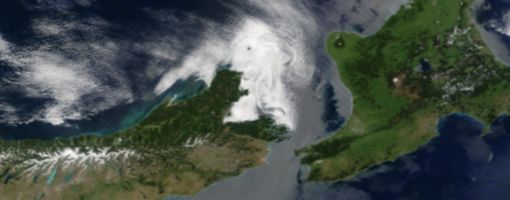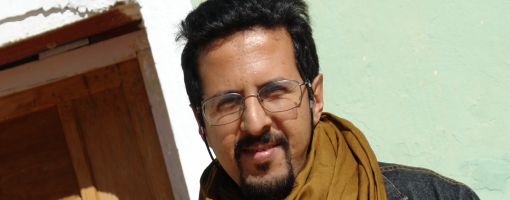Kosmos Energy has been named "Explorer of the Year" by the World Junior Oil & Gas Congress. Nobody mentioned it is operating illegally in occupied waters offshore Western Sahara.
source indicated.
At its Board Meeting in Vilnius, December 2nd 2007, The European Students' Union (ESU) unanimously voted through a motion calling for the protection of Sahrawi students. ESU is the umbrella organisation of 47 national unions of students from 36 countries. In total, ESU represents today 11 million students all over Europe.
Read also: Norwegian Student Unions pass resolution on Western Sahara.
Read also: Students at Ås University declare their support
Declaration of support to students in Western Sahara, approved at the Student Parliament of the Norwegian University of Life Sciences (Ås), on November 19th 2007.
Norwegian insurance company divests from Australian fertilizer importer over imports from Western Sahara.
"Failure to recognise the Saharawi Arab Democratic Republic would constitute a grave and unacceptable betrayal of our own struggle, of the solidarity Morocco extended to Mandela and the liberation movement, and our commitment to respect the Charter of the United Nations and the Constitutive Act of the African Union", said the South African ambassador to Norway at a seminar in Oslo. Read his speach, delivered at the University of Oslo, 20 November 2007.
Morocco is entering new oil contracts with European firms to illegally search for oil in Western Sahara.
After having called Western Sahara a part of Morocco for years, the organisers of Paris-Dakar rally finally succeeded in drawing a correct map. See the route for 2008.
Sahrawi student Elkouria Amidane interviewed on the popular radio show Osenbanden, on Norwegian national broadcaster, NRK P3, 21 November 2007. Hear the interview here.
The national board meeting of Young Conservatives demands respect for human rights in occupied Western Sahara, along with a widening of the UN forces mandate, increased financial aid, and recognition by Norway of the Western Sahara Republic.
The Norwegian Ministry of Foreign Affairs brushes aside debating the legal status of Western Sahara, while at the same time rhetorical statements made by the Ministry show a changing viewpoint. Only a week ago, the Ministry was adamant that the Western Sahara should be viewed as annexed, while now they talk about "the situation in the area". A rather odd statement can be read here.
Successful seminar at Red Cross Nordic United World College in Norway.
Elkouria Amidane's mother, and her two sisters, aged 14 and 24, have been released from police custody. "I called my Mother today. She could hardly speak. She had screamed so much during the interrogation that her voice was failing."
Mother and two sisters arrested.
Update Saturday 12:15 GMT
The aunt and grandmother of Elkouria Amidane are now reported to be in safety. Friday night the Moroccan police were at their door. The two managed to escape in last minute.
For more information, please call Jørn Henriksen +47 95161741.
More than 60 people gathered today in a demonstration in front of the Moroccan embassy in Oslo, Norway, calling for the respect of human rights in Western Sahara.
Read also: Amidane's closest family is arrested
Read also: "My aunt and grandmother are safe"
Says to Norwegian national broadcaster they did not know of the conflict -and that they will never trade with Western Sahara again.
"We have a dream today to see the rise of our colorful flag and to see freedom reigns in our capital city of El Aaiun in a Free Western Sahara soon." The Sahrawi student Agaila Abba Hemeida spoke to the UN.
In this interview with Al Jazeera, Nov 2nd 2007, Dumisani Kumalo, South Africa's permanent representative to the UN, criticizes the security council for double standards on Western Sahara and slams Morocco's "powerful friends".
Check out photo of the new walls around the university area. Students fear they can no longer stage demonstrations.
Through an impressive piece of research, a US blogger this week forced a pro-Moroccan propaganda campaign down on its knees.
Sahrawi students fear that the end has come for study opportunities in the major cities of Morocco.
Senia Bachir Abderahman, who has studied in United World Colleges in Norway for two years, spoke on October 9th for the Fourth Committee in the UN. The Committee treats the world´s remaining decolonisation issues. Read her speech here.
The brilliant short movie "Children of the Clouds" gives an extraordinary feeling on how it must be for a youth in a country with more police and security forces than civilians.
Sahrawi students suffer under occupation. The ones who are imprisoned, are refused their right to study. Protest here!
"The UN must widen, without delay, the prerogatives of the MINURSO", said Daha Rahmouni, member of the Sahrawi human rights organisation ASVDH at the UN UN Human Rights Council in Geneva this week. Rahmouni demands that the MINURSO also should work for the protection of human rights in occupied Western Sahara.
Members of parliament protesting in front of Incitec Pivot offices, importer of phosphate from occupied Western Sahara.
Read the statement here, published on the Norwegian government's homepages September 12th, 2007.
"Morocco has no right to exploit the natural resources in Western Sahara for its own benefit", said Swedish Minister of Foreign Affairs, Carl Bildt, in parliament this week.
The political prisoner El Ouali Amidane applied to be transferred to a prison in Agadir, in order to pursue his studies. The demand was turned down by the prison authorities. Yesterday he started a hunger strike, demanding his right to study.
Read also: El Ouali transferred -but to wrong prison
Wednesday afternoon, the Norwegian Ministry of Foreign affairs publicized on their webpages an announcement that they discourage Norwegian businesses from operating in Western Sahara. The statement was made at the same time as another Norwegian vessel was discovered transporting phosphates to New Zealand. See Norwatch films of the Norwegian phosphate exports, taken in New Zealand Wednesday.
Once more, it is revealed that the Norwegian owned but UK- based company Gearbulk is assisting the Moroccan occupying power in exporting phosphates from Western Sahara. One of their bulk transport vessels arrives New Zealand on September 9th. -This is war profiteering, says the Association of Sahrawis in Norway in a press release today.
Representatives of Western Sahara's Polisario Front (the Saharawi liberation movement) and the Moroccan government met in Manhasset, New York, on August 10 and 11 with a view to "achieving a just, lasting and mutually acceptable political solution, which will provide for the self-determination of the people of Western Sahara" - the words of UN Security Council's Resolution 1754, adopted on April 30.
Read the testimony of Tarruzi Yehdih, a Sahrawi human rights activist and former political prisoner. Yehdih was released on July 14th, 2007 from the Black Prison in El Aaiún, Western Sahara.
“Someone must stop these terrible violations of human rights against my people.” This summer the Sahrawi student Elkouria Amidane visited Norway. She came to tell her side of the story about what is happening in the occupied territory of Western Sahara. Through demonstrations and protests against Moroccan authorities, and her fight for the freedom of a people, she has endured both torture and persecution.
...The case of Western Sahara.
Article published by Dr. Juris (PhD) Hans Morten Haugen, University of Oslo in Law, Environment and Development Journal.
Written by Agaila Abba Hemeida, this poem is dedicated to all the Saharawi children, especially the children who lost their fathers in the war for the freedom of Western Sahara. Agaila has lived and studied in the US for the last 6 years.
The student Elkouria Amidane from Western Sahara visited Norway from July 20th to August 6th 2007.
Norwegian-Japanese owned company Gearbulk transports phosphates from occupied Western Sahara to New Zealand. Check out Norwatch video documenting the illegal exports.
A visiting journalist from Western Sahara today appealed for support from New Zealand to block trade supporting the military occupation of his country by Morocco. Pacific Media Centre, New Zealand, 23 July 2007.
